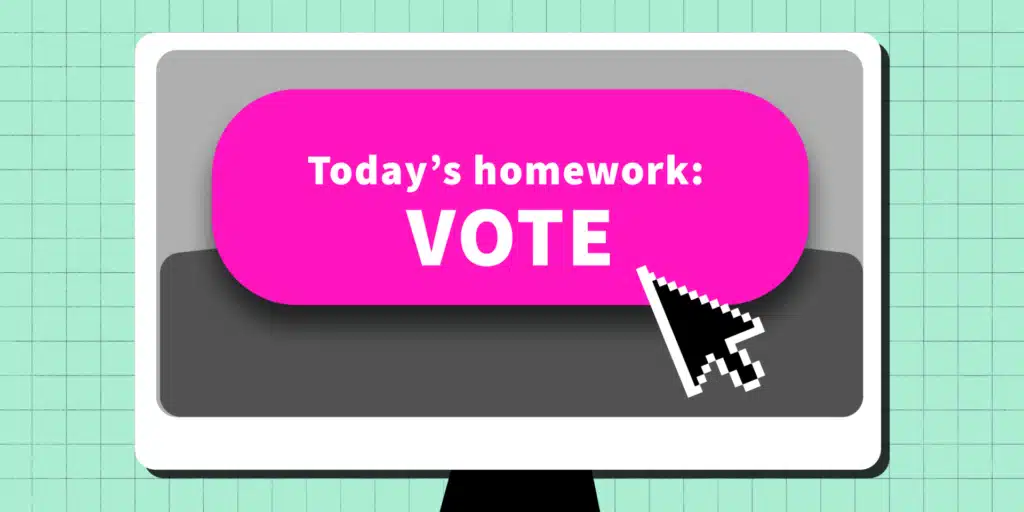If you’re a lecturer waiting for your administration to send you on a training course, you could be waiting a long time. Taking the first step yourself is easier than you think. Here are four ways you can boost your lecturing career and improve your reputation, knowledge and student feedback.
-
Leadership
-
Learning design
-
Improv
-
Top Hat accreditation
If your medium-to-long-term plan is administration and leadership, teaching is an important path. As Jennifer Swann, Professor of Biological Sciences, told Education Dive: “I am somewhat wary of those in administration that have not spent time as a faculty member. It makes the issues more difficult to understand.”
But the transition between teaching and leadership is usually absent any formal management training, or is given to colleagues to handle. Mindful of this, Jeffrey Buller, Florida Atlantic University’s Director of Leadership and Professional Development, created a skimmable but thorough guide, the Essential Academic Dean or Provost: A Comprehensive Desk Reference. Useful for those even with no design on the dean’s chair, it covers strategic decision making, budgeting, and political navigation.
If you’re a lecturer who relies on the pulpit–PowerPoint combination, consider taking this course series about how to create digital content—even if you don’t intend to produce any online courses or flip your classroom.
The important part of the course is a formal introduction to the “backwards learning” design process. In this approach, planning units from end to beginning helps you know the final destination of your student, and lays down learning goals and a path for students. The course also lets you build balanced assessments, and blend various kinds of educational content.
Showing that you can deliver compelling content in person and online-only is important for the teaching part of your career in an age where 30% of higher education students are enrolled in at least one online learning course. And being proficient in the online medium adds an extra dimension to your classroom.
The course is free, self-directed, and is hosted by Indiana University, where educators use Top Hat as their preferred learning engagement tool.
The most valuable parts of teaching come from the unexpected. A good course structure gives your students context to think and ask questions—and when those questions are surprises, you must respond on your feet.
Subject mastery will take you most of the way there, but if you want to practice being able to handle unexpected situations, you could sign up for improv classes.
Sarah Rose Cavanagh, Associate Professor of Psychology at Assumption College, did just that. She tells the Chronicle: “It is scary to begin teaching a course that is completely untested, that is loosely prepared, and that is flexible to student input or to your own decision-making in the moment.
“Taking risks and trying new things also allows you to approach your teaching from a playful, lively perspective.”
Furthermore, she adds that dropping your guard and showing that you’re comfortable with occasionally losing strict control will elicit the same response in your students and increase meaningful engagement.
Second City offer courses in Toronto, Chicago and Los Angeles—and, if you can’t make it in-person, they also offer improv training via Skype.
The way that students learn is changing, so it’s a smart idea to prove that you’re equipped to handle a modern, digital classroom. That’s why we at Top Hat have created an accreditation program for lecturers who attend our Engage 2017 conference in Chicago.
All educators who use Top Hat will get a full-day session with training in Top Hat’s key features, as well as guided breakout sessions from leading expert educators who use the platform.
You’ll learn how to create interactive homework assignments, author and customize educational content, and use Top Hat’s features to support formative assessment and elevate student engagement.
Learn more about the Top Hat Level 1 Certification at Engage 2017, which runs between October 1–2 in Chicago.
Related story
Interactive classroom activities for college students


